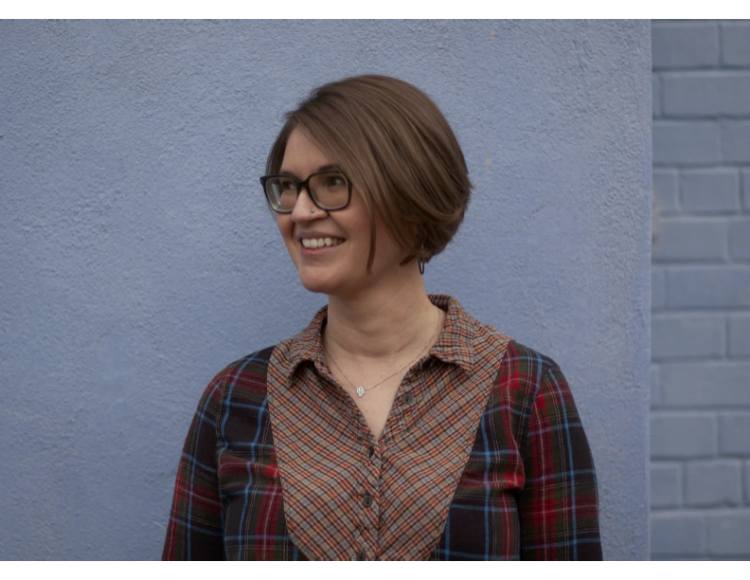Professor Megan Figueroa (U AZ) gives LingCircle lecture on language discrimination in child language development research

Abstract
In this talk, I contrast my own early linguistic environment and language input with what is largely described in the child language development literature: certain linguistic input has “more of the characteristics…that are positively associated with language development” (Hoff, 2003, p. 1369). Through this juxtaposition, I will do three things: First, I argue this literature delegitimizes and pathologizes the language use of large swaths of language users by describing racialized and/or non-English-speaking children’s linguistic environments from a deficit perspective. Racialized children are positioned as being inherently linguistically deficient and this is a form of linguistic discrimination and a resounding untruth. Second, I contend that this literature has created a culture of flawed science by allowing linguistic discrimination to misrepresent the nature of both language and language development. Finally, I argue that research must move out from behind financial and psychological paywalls (Figueroa, 2022). To exclude the perspectives of those outside the ivory tower is to dismiss unique experiences and epistemologies, which allows offensive, deficit-based research to thrive.
Biography
Dr. Megan Figueroa is a developmental psycholinguist and research scientist at the University of Arizona, and the co-host of Vocal Fries, a podcast about linguistic discrimination. Her perspective is shaped by her experience growing up in a working-class, Mexican American home. She recognized her family in deficit-based descriptions of language development in the literature, and she endeavors to interrupt this narrative and broaden our collective understanding of language through outreach to the public.


